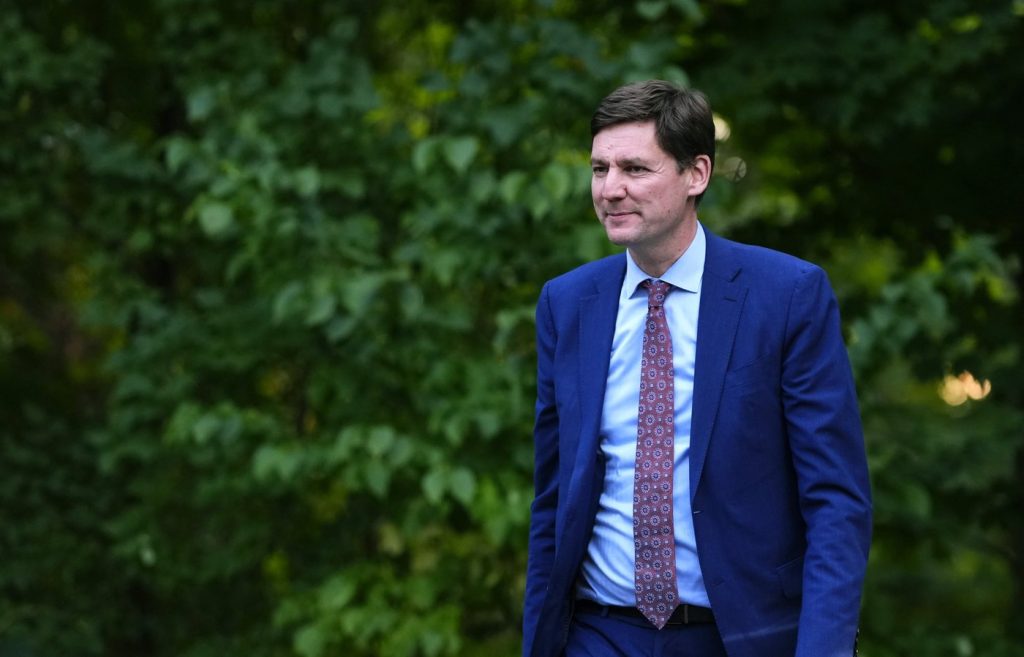Members of British Columbia's New Democratic Party (NDP) are gathering in Victoria this weekend for a crucial leadership review of Premier David Eby, along with a comprehensive agenda that includes up to 400 resolutions for the delegates to deliberate on. This convention marks a notable occasion, as it allows party members to reflect on the direction and performance of Eby as the party leader.
Premier Eby expressed his enthusiasm for the convention, highlighting the opportunity to reconnect with friends and fellow party members he hasn't seen in a significant amount of time. He anticipates receiving direct feedback regarding his leadership, acknowledging that his performance will be assessed in light of recent electoral challenges. During the last provincial election, the NDP emerged victorious, albeit by a narrow margin of just one seat, indicating a potential vulnerability in their support base.
Since Eby assumed leadership, his government has encountered discontent among various stakeholder groups, including First Nations, environmentalists, and unions, due to certain policy decisions that have sparked criticism. Eby recognizes the gravity of the challenges his administration faces and remains hopeful for a strong endorsement at the convention, although he admits that they have yet to create "the province of our dreams," signifying unmet expectations among the electorate.
The NDP convention serves as a platform for delegates not only to express their support or concerns regarding Eby's leadership but also to propose resolutions. These resolutions are integral to the party's policy-making process, with the potential to be formalized into law if they garner sufficient backing. Eby noted that past conventions have led to significant policy changes; for instance, an idea proposed at a previous gathering regarding the government's coverage of birth control costs was successfully implemented in 2023.
As the NDP convenes in Victoria, the atmosphere is charged with anticipation as Eby prepares to hear from a diverse range of voices within the party. The leadership review is not merely a procedural step but a pivotal moment that could shape the future trajectory of the NDP in British Columbia. With past support for his leadership peaking at 93 percent from party delegates two years ago, the outcome of this leadership review may reflect shifts in the party's dynamics and public sentiment as they move forward.
This convention is critical for assessing the party's internal cohesion and its responsiveness to external pressures. As challenges mount and public expectations evolve, the NDP's ability to navigate these complexities will be closely scrutinized, both within the party and by the broader electorate.
Overall, Premier David Eby's leadership review is a significant focal point for both NDP members and observers of British Columbia's political landscape, underscoring the intricate balance between leadership, policy direction, and the diverse interests of constituents.











